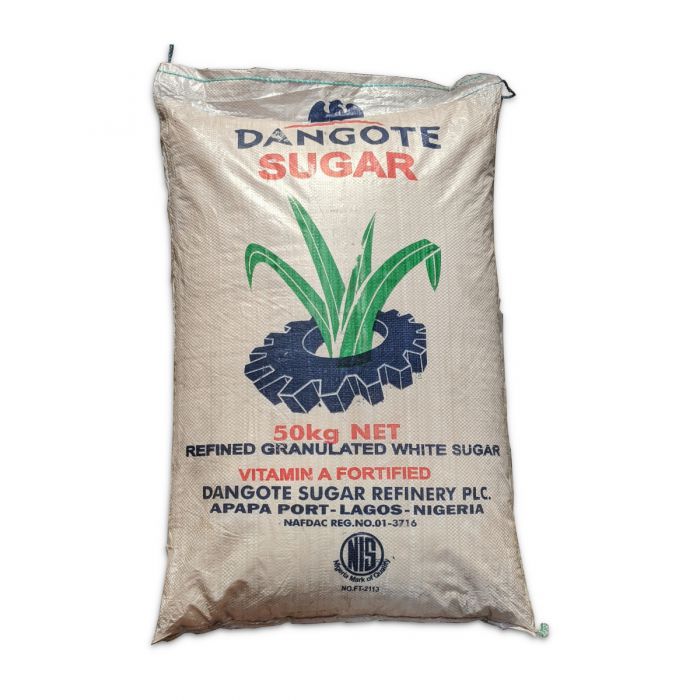Price for a bag of sugar Ghana

The sugar market in Ghana is an important part of the country’s economy. Ghana produces sugar cane, but it is not enough to meet the demand of the population. The country imports sugar from other countries to make up for the shortfall.
The sugar market in Ghana is mainly controlled by a few large companies. These companies import and distribute sugar to retailers and wholesalers across the country.
The price for a bag of sugar in Ghana has been a subject of concern for many Ghanaians. The cost of sugar has been increasing, and some people are finding it hard to afford.
In this article, we will discuss the price of sugar in Ghana, factors affecting the price, and what this means for consumers.
Price for a bag of sugar in Ghana
Currently, the price of a bag of sugar in Ghana ranges from GHS 600 to GHS 1,000. The price varies depending on the brand, location, and size of the bag.
Factors that fffect the price of Sugar in Ghana
1. Production costs
Sugar production requires significant investments in land, labor, and equipment. The cost of inputs such as fertilizers and pesticides also affects the price of sugar. Therefore, when the production costs of sugar are high, the price of sugar will also be high.
2. Exchange Rates
The exchange rates between Ghana and the countries where sugar is imported from also affect the price of sugar. If the value of the Ghanaian cedi weakens against the United States dollar, the price of sugar will increase. This is because Ghana imports a significant amount of sugar, and a weaker currency makes it more expensive to import sugar.
3. Government Policies
When the government imposes high taxes and duties on imported sugar, the price of sugar will increase.
4. Weather conditions
Droughts can lead to a decrease in sugar production, which can make sugar scarce and increase its price. floods can damage sugar crops, leading to a decrease in supply, which again results in an increase in the price of sugar.
5. Demand and supply
- Advertisement -
The demand and supply of sugar also play a significant role in determining its price in Ghana. If the demand for sugar is high and the supply is low, the price of sugar will increase. If the demand for sugar is low and the supply is high, the price of sugar will decrease.
Effects of Price of bag of sugar on the Ghanaian economy
1. Inflation
When the prices of goods and services increase, the purchasing power of consumers decreases. This leads to a decrease in the demand for goods and services, which can cause a slowdown in economic growth.
2. Income distribution
When the prices of goods and services increase, low-income earners are the most affected. This is because they spend a higher percentage of their income on basic necessities like food, clothing, and shelter.
3. Trade balance
When the prices of goods and services in Ghana increase, exports become more expensive, making them less competitive on the global market. This can lead to a decrease in exports and an increase in imports, which can cause a decrease in the trade balance of the economy.
4. Investment
When the prices of goods and services increase, the cost of doing business increases. This can lead to a decrease in investment because businesses are less willing to invest in an economy where the cost of doing business is high.
Conclusion
The price of a bag of sugar in Ghana is affected by various factors such as inflation, currency exchange rates, and government policies. Despite the increase in price, sugar is a staple commodity and essential for daily use in Ghanaian households. It is important for both consumers and policymakers to closely monitor the price trends and implement measures to ensure fair pricing and accessibility for all.


